TBILISI, DFWatch – Georgia’s law about administrative offenses is a violation of human rights and the problem must be addressed immediately, says a new report published Wednesday by Human Rights Watch (HRW).
The report says that although the government is currently reforming the system, it should get in place emergency measures in order to ensure defendants’ rights.
Administrative detention is a harsh form of imprisonment left over from the Soviet Union where authorities may imprison a person for up to 90 days for minor violations such as breaking the traffic rules. It is in use in many former Soviet countries, but especially extensively in Georgia. Another rights group, the Georgian Young Lawyer’s Association, estimates the number as high as around four thousand people every year, many of the cases in connection with political activism.
HRW’s experts have interviewed dozens of lawyers of those held in administrative detention. They also talked to two persons fined by the court for administrative offenses and to senior government officials.
Nearly all respondents who were charged with administrative responsibility had been arrested for participating in opposition rallies, according to Giorgi Gogia, who is HRW’s chief researcher for Europe and Central Asia and authored the report.
It concludes that the law about administrative detention doesn’t provide appropriate legal procedures and guarantees of the rights to a fair review of the case. The law, which was adopted in 1984, prescribes 90 days administrative detention for administrative violations, but doesn’t require the police to immediately inform the accused of his or her rights and the reasons for the arrest.
The detained person often isn’t given the right even to call to family members. Lawyers tell of difficulties to find their clients after detention. Court trials are mostly a formality. Detainees serve their sentences in places not meant for a person to stay more than 72 hours and where the conditions do not comply with international standards.
“The detainee shouldn’t wait for the system reform to be finished so his basic rights will be protected and he will be treated with respect,” Giorgi Gogia says.
He explains that the fact that there is now being worked out changes to the old law really gives hope, but urgent steps are necessary to fill the gaps in the existing legislation.
“In recent years when the political tension is increasing in the country, Georgian government representatives appealed to the norms of the Code of Administrative Offenses to detain activists and people participating in rallies,” the report says.
According to the report, Georgia had prepared a new draft of the Code of Administrative Offenses in 2011, but the code adopted by parliament in July still doesn’t fulfill Georgia’s human rights obligations. The government should provide that a person arrested for having committed an alleged administrative violation should be able to inform a third party about his or her location, have access to a defense lawyer and make his case at the administrative proceedings under the full protections of a just court.
The report says that within the logic of the Georgian legal system, administrative offenses are seen as only light violations of public order. It is not seen as an actual criminal conviction. But according to international norms, a sentence of 90 days amounts to criminal punishment. According to data from the Interior Ministry, in 2011 alone, 31 persons were sentenced to 90 days detention for administrative violations, 132 persons to 60 days and 343 persons to 30 days. But as the HRW report shows, the basic protection of rights, like explaining to the detainee the reason for his arrest or the right to inform family members, is unclear and weaker in the Code of Administrative Offenses than the same guarantees which exist in the Code of Criminal Procedure. Neither do courts provide appropriate legal procedures to protect the rights of persons accused of committing administrative offenses.
The cases learned by HRW show that these kinds of court trials very rarely last more than 15 minutes and the judge makes his ruling mostly based on testimonies given by the police. Even in cases when people arraigned in administrative cases manage to hire lawyers, they aren’t given the appropriate powers for their effective defense.
In two cases studied by HRW the suspect apparently had physical injuries on his body while in the courtroom, but the judges did not even ask about it.
“Human Rights Watch also heard how detainees and their lawyers face obstacles exercising the right to appeal, effectively rendering it meaningless. Under international law, the severity of this potential punishment amounts to a criminal penalty and means anyone facing administrative charges should be treated as though they are being prosecuted on a criminal charge, i.e. afforded the same rights to due process, fair trial protections, and protections against arbitrary deprivation of liberty,” the report says.
The European Court of Human Rights has repeatedly said that countries which use administrative detention are obliged to provide appropriate guarantees for legal procedures and just reviews of the cases that meet the standards which the European Convention on Human Rights sets for member countries.
“It’s in the interests of Georgia to regulate the Code of Administrative Offenses. Otherwise there is a big possibility that the country will lose a number of cases in the European Court of Human Rights,” Giorgi Gogia says.
“Those handed terms of administrative imprisonment serve their sentences in temporary detention isolators (TDIs), overseen by the Ministry of Interior, which are mainly used to hold detainees on criminal charges for up to 72 hours and were not intended for long-term occupancy,” the report points out.
It also says that despite the fact that the government has conducted maintenance work to renew TDIs in the latest few years, there still remains a lot of work to do to comply with basic international standards, for instance when it comes to having a daily shower or the right to walk in fresh air.
“The reports, which were prepared by the European Committee against torture and the Georgian Public Defender’s office and the prisoner testimonies, indicate that the circumstances at the isolators do not comply with international standards. The Georgian government should bring the Georgian Code of Administrative Offences in accordance with international standards. But until that happens, it is obliged to provide a person detained for an administrative violation with basic human rights,” Giorgi Gogia says.
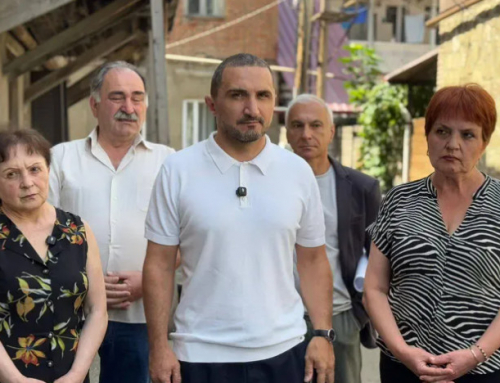
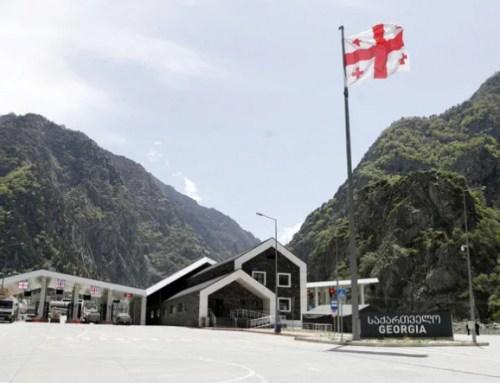
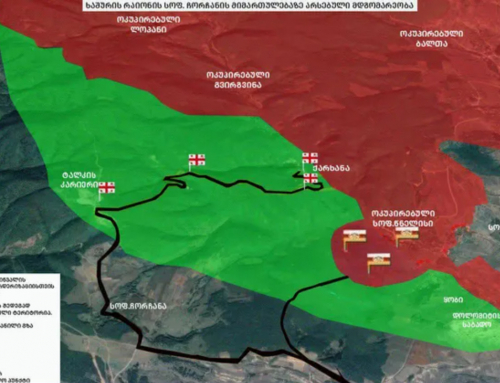
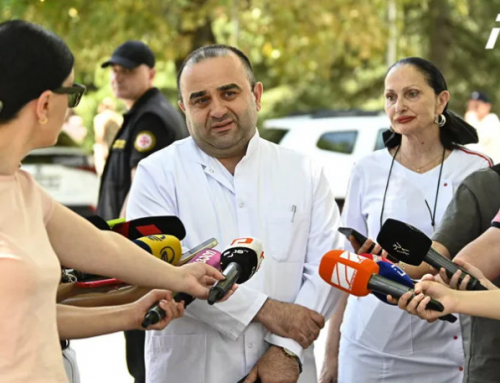
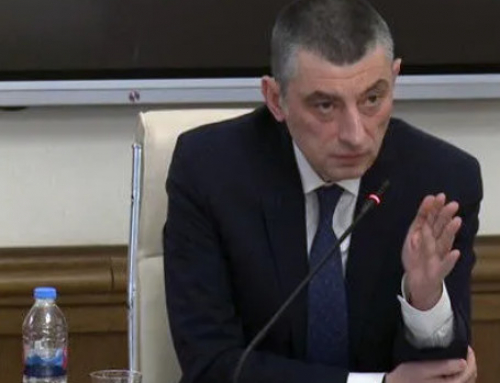
Leave A Comment
You must be logged in to post a comment.